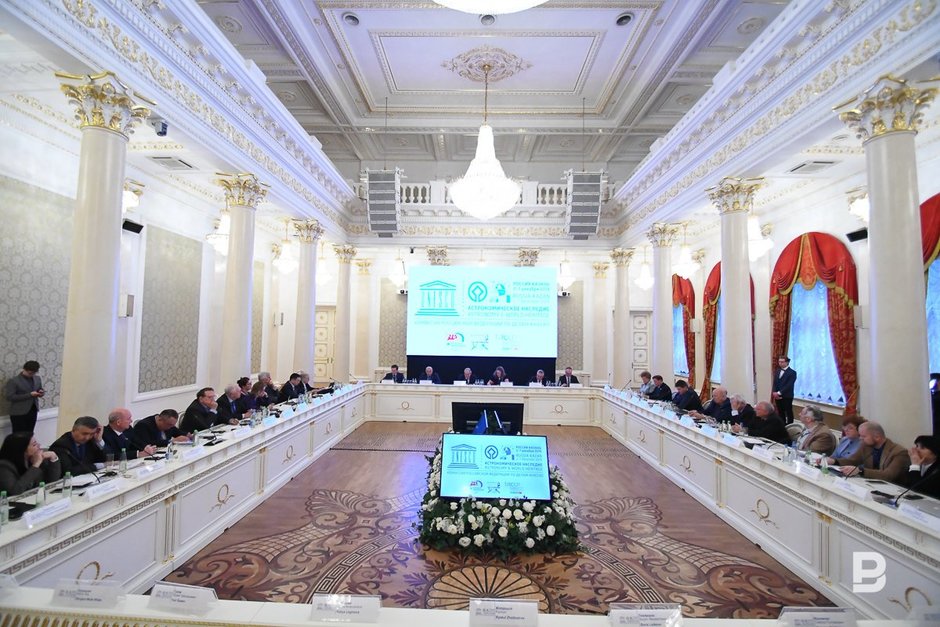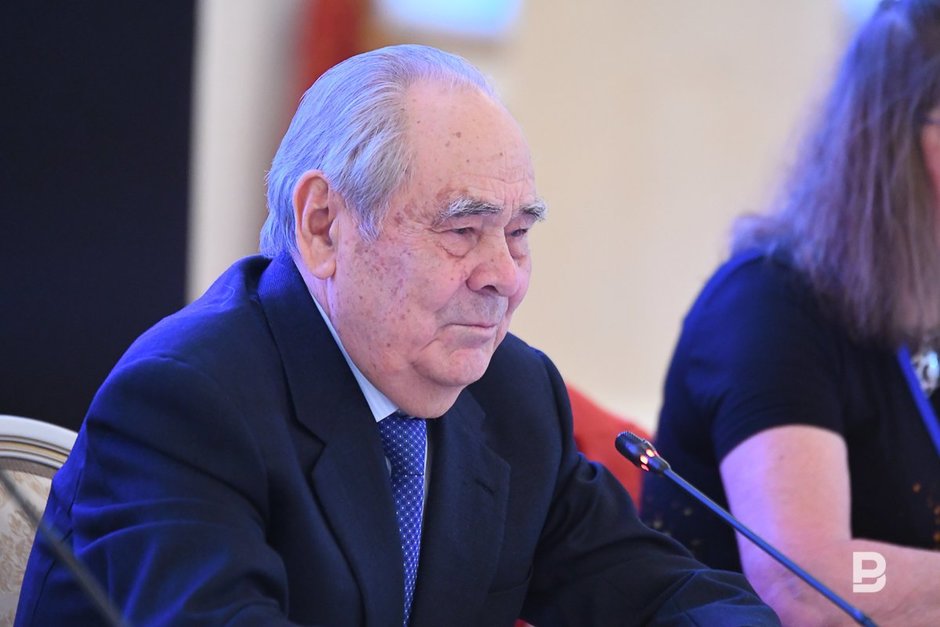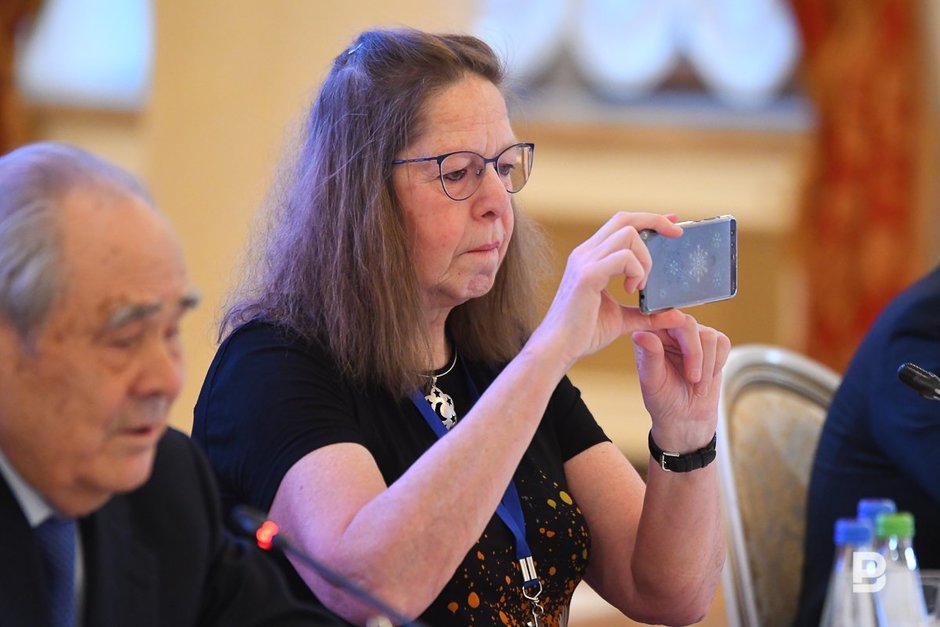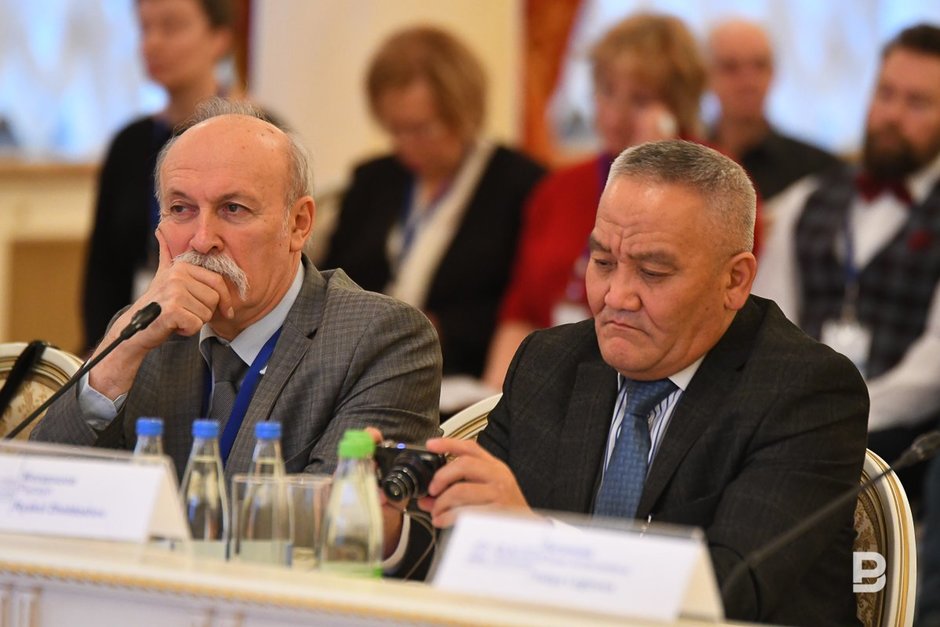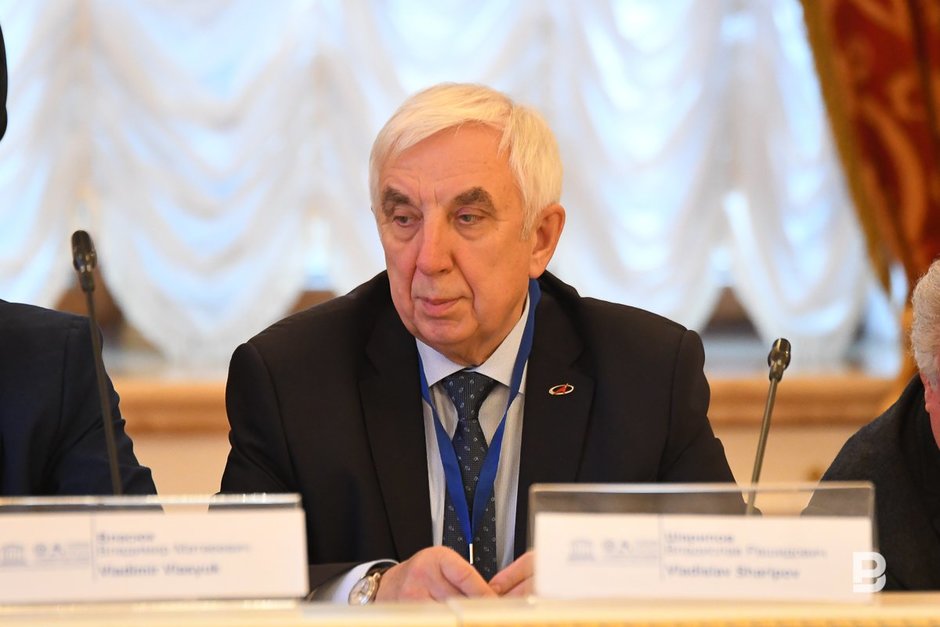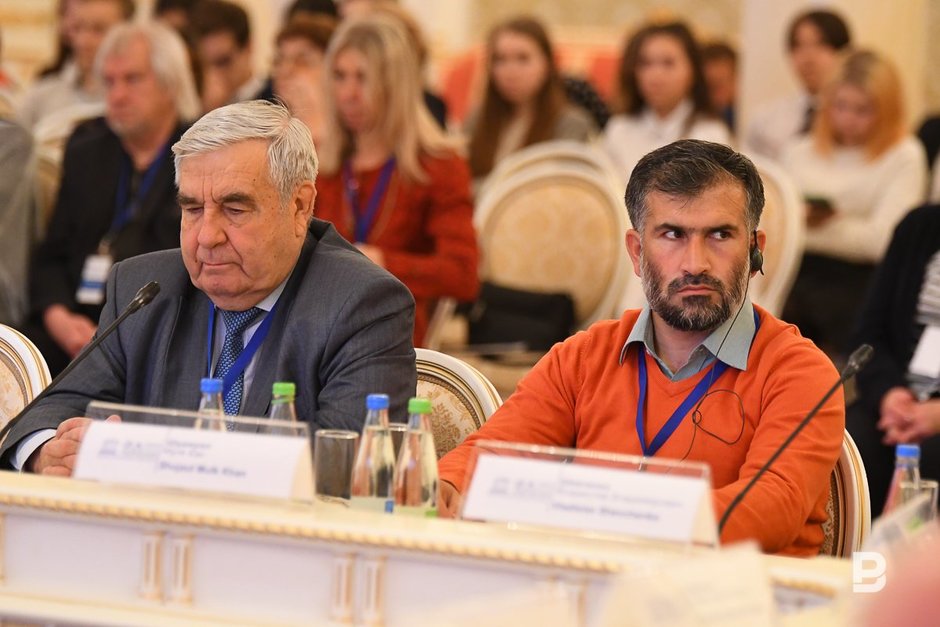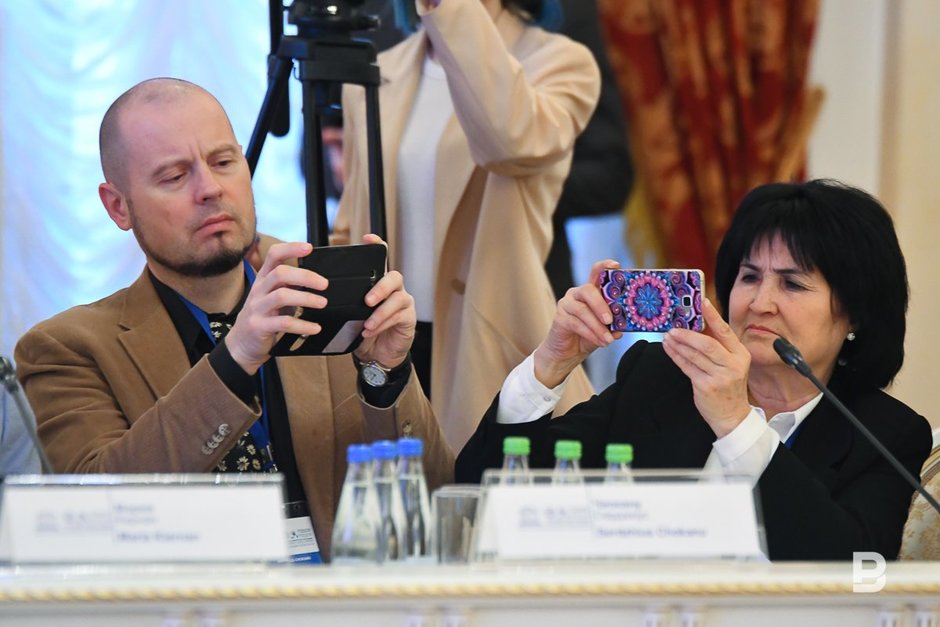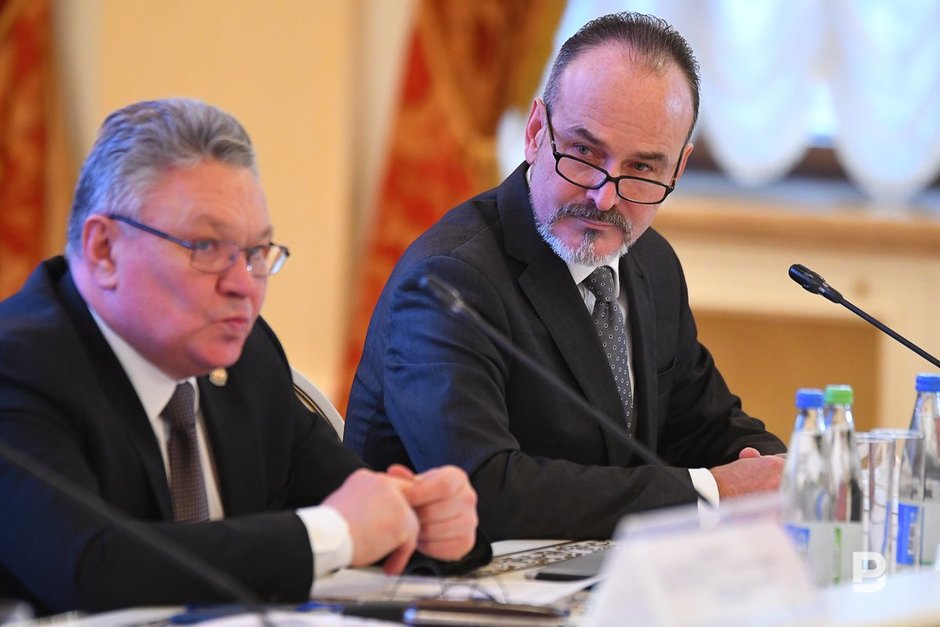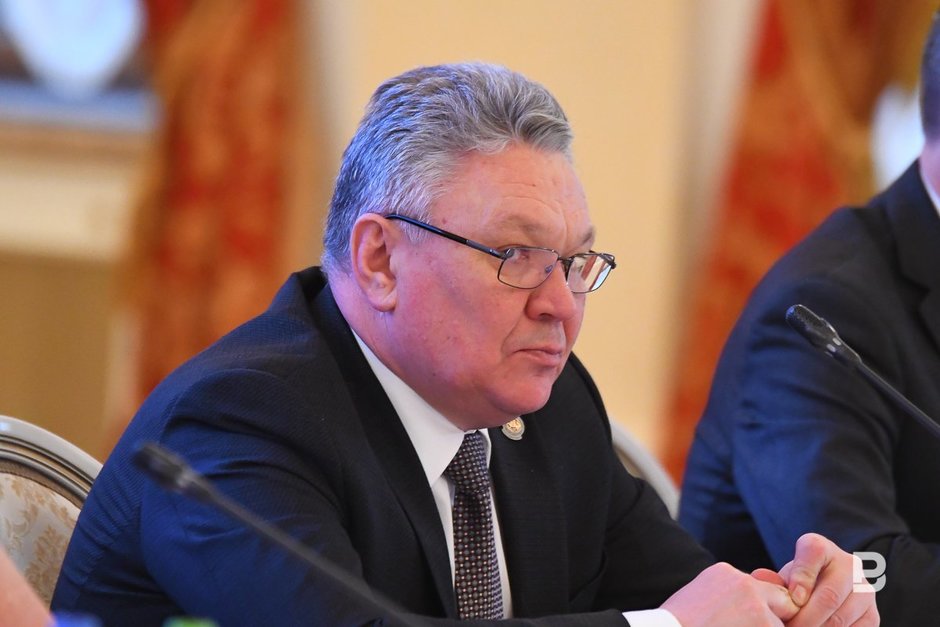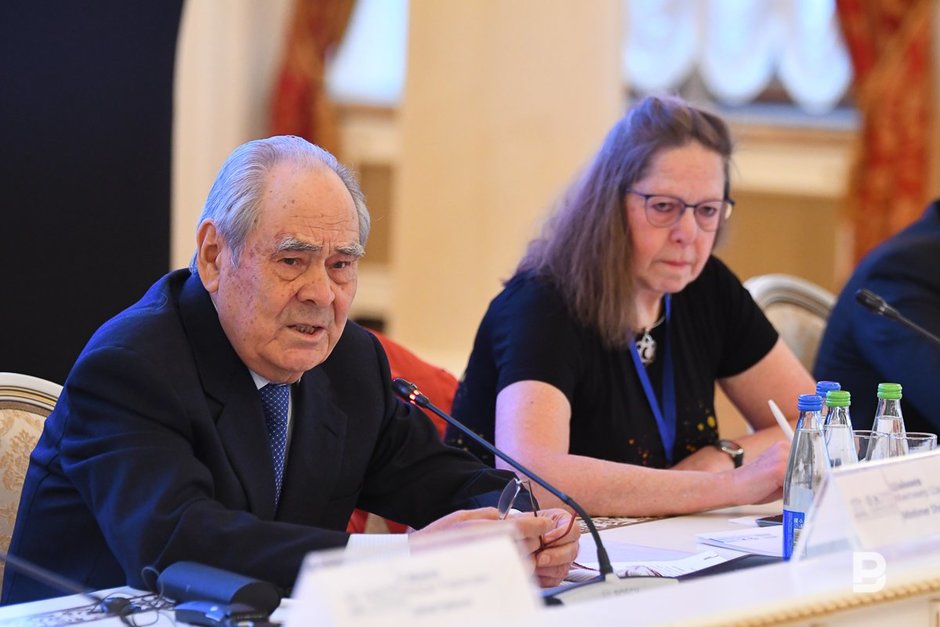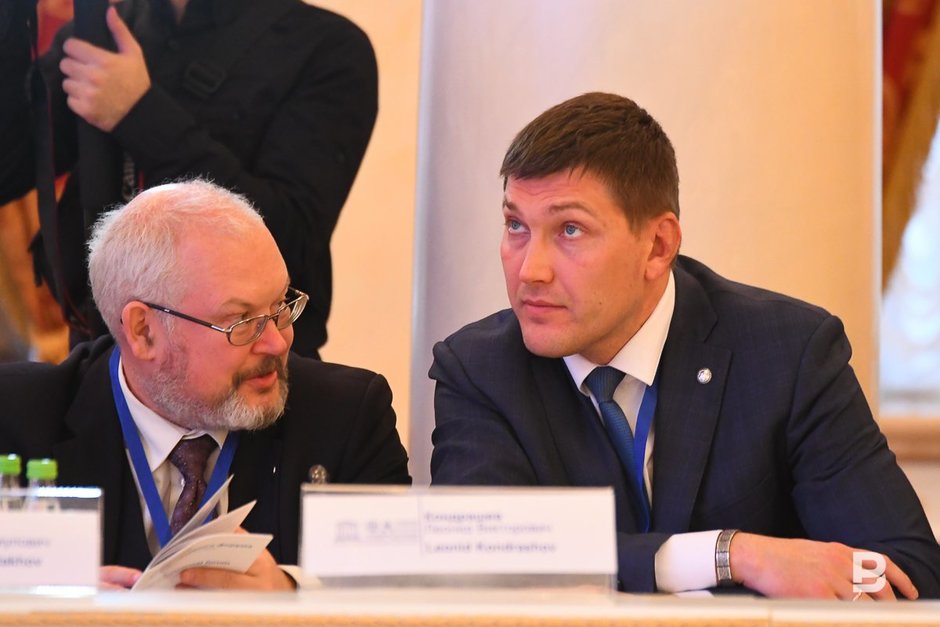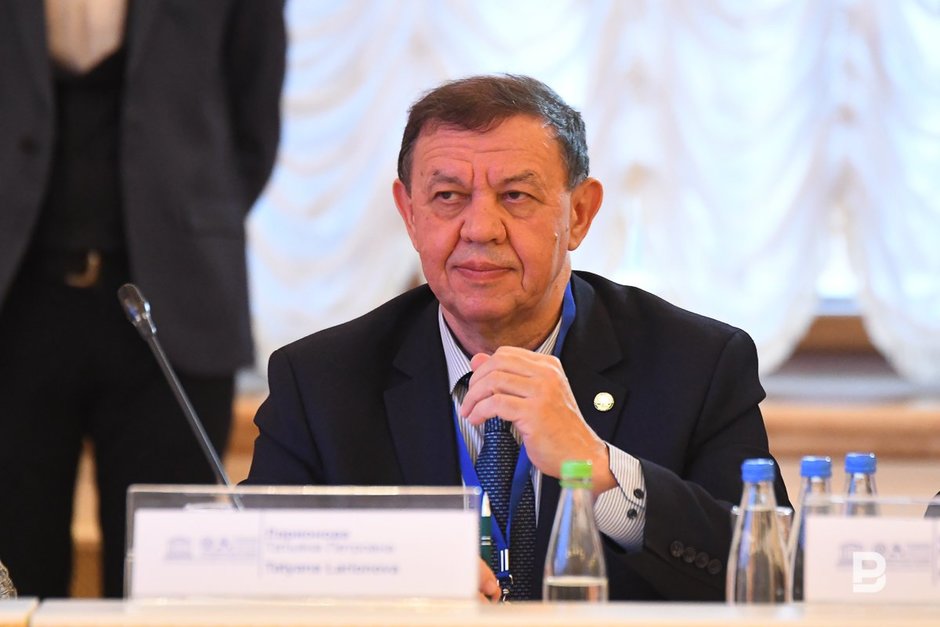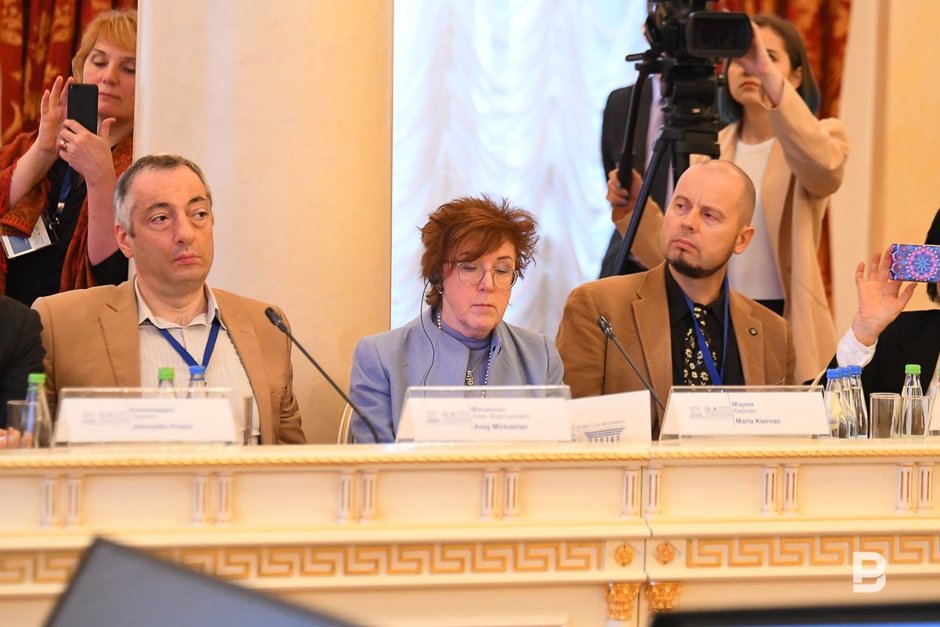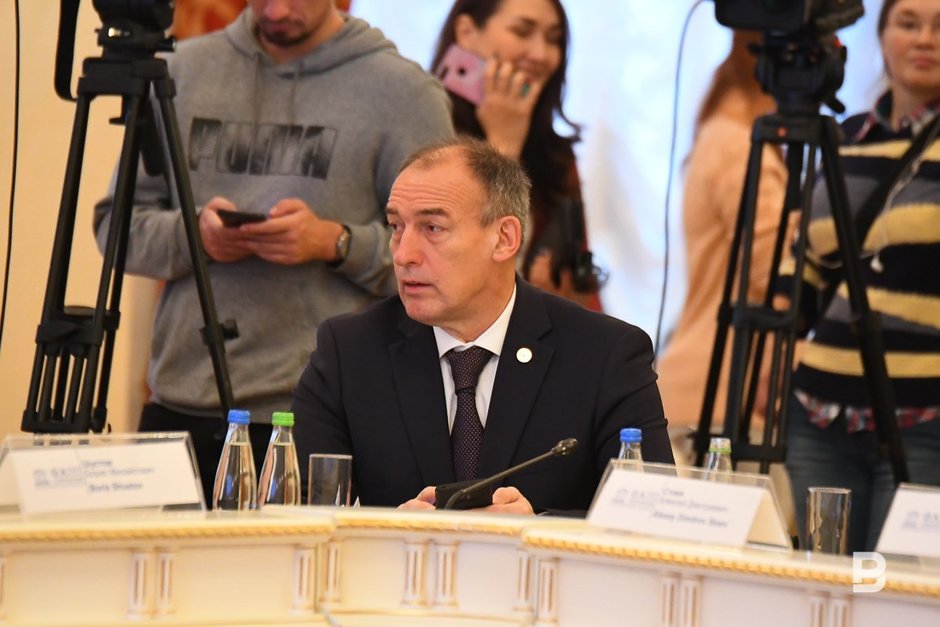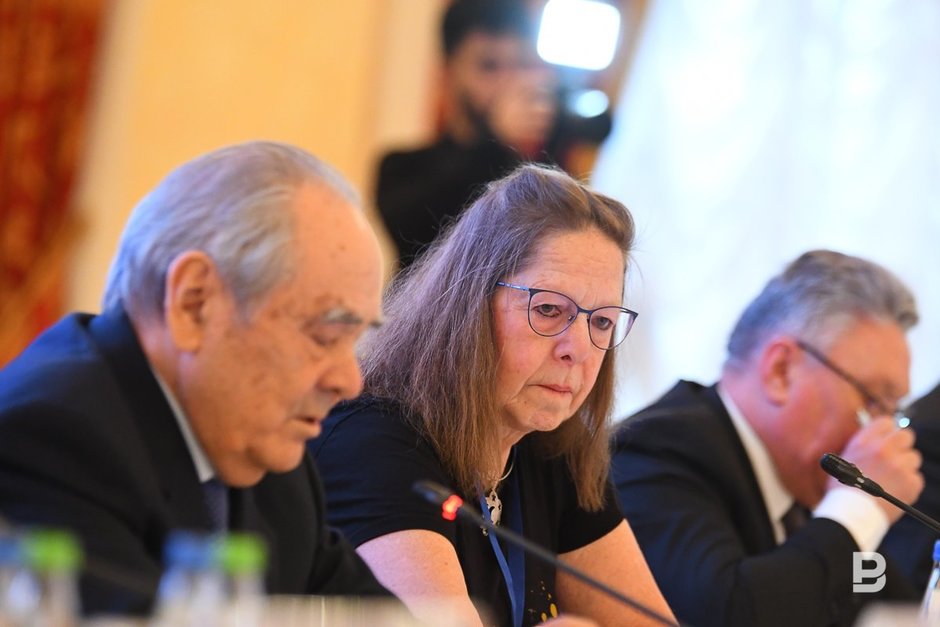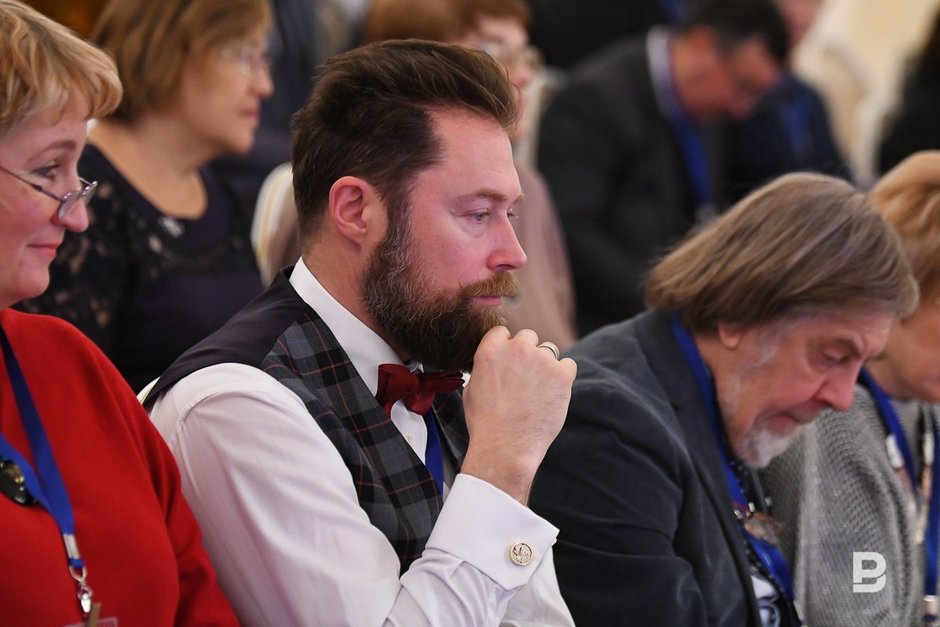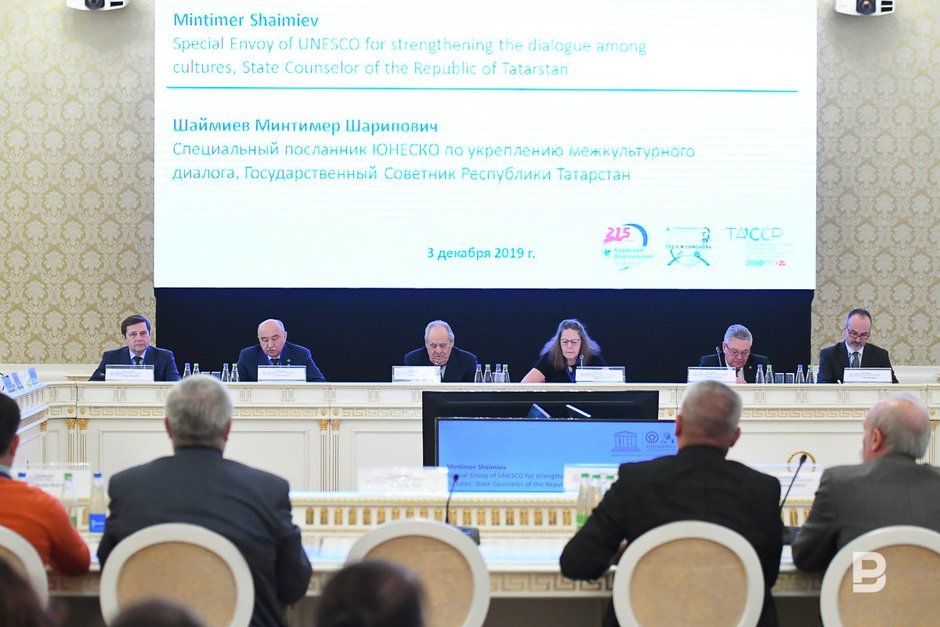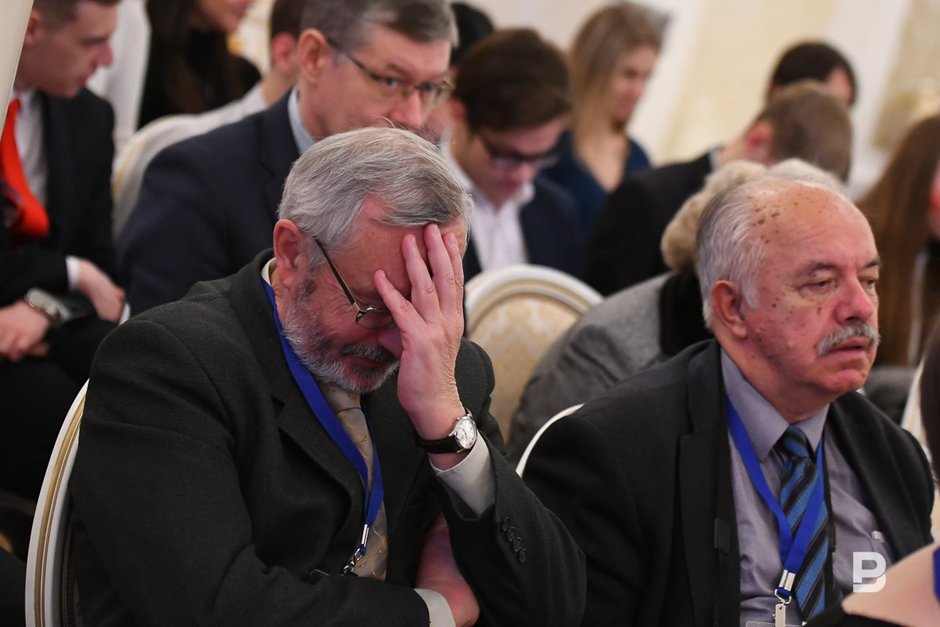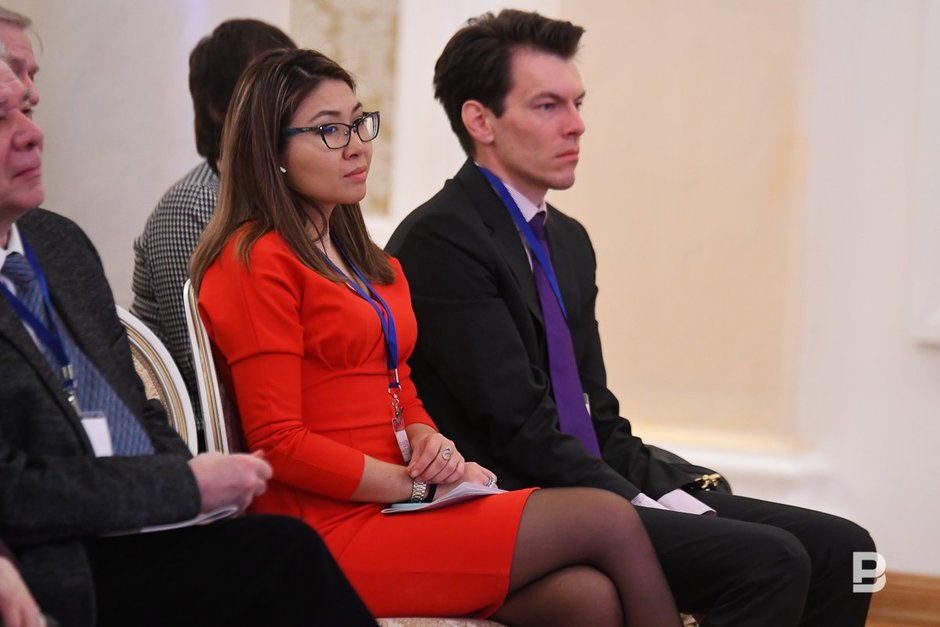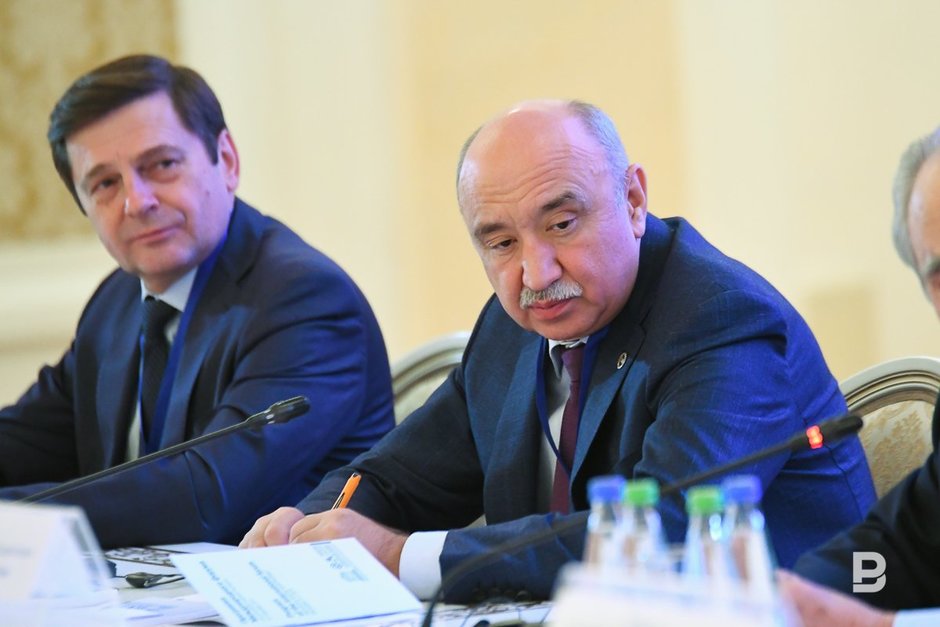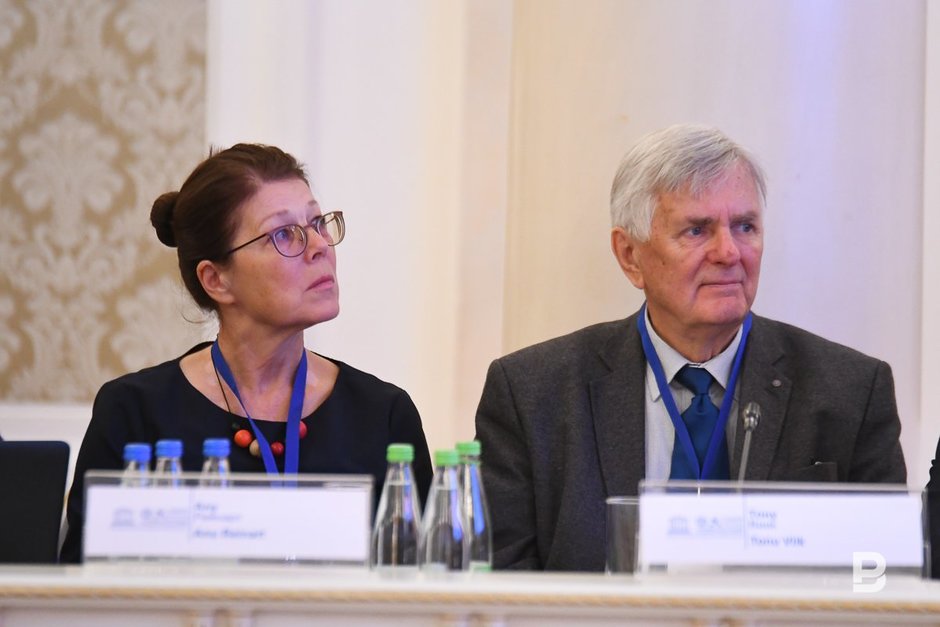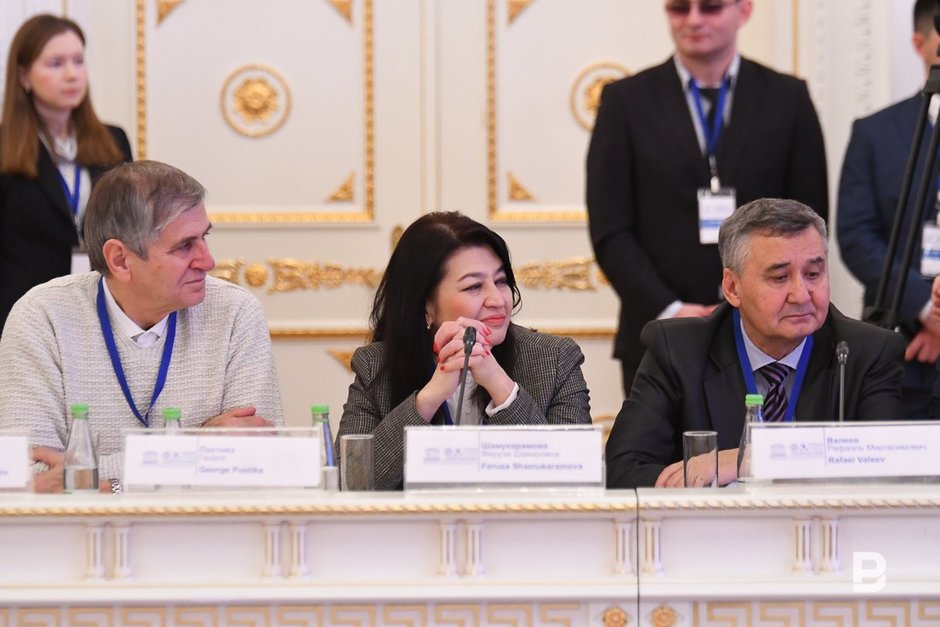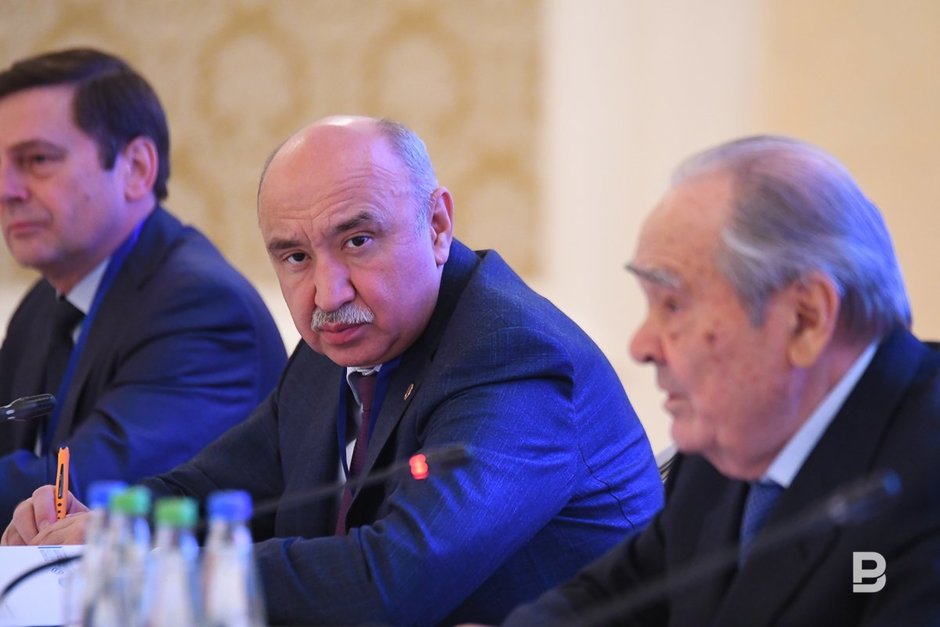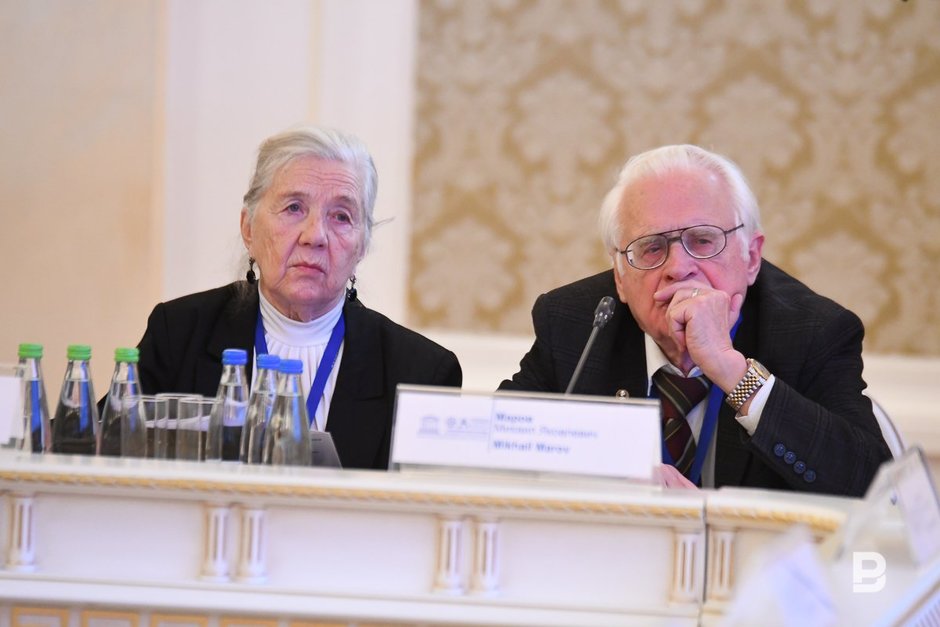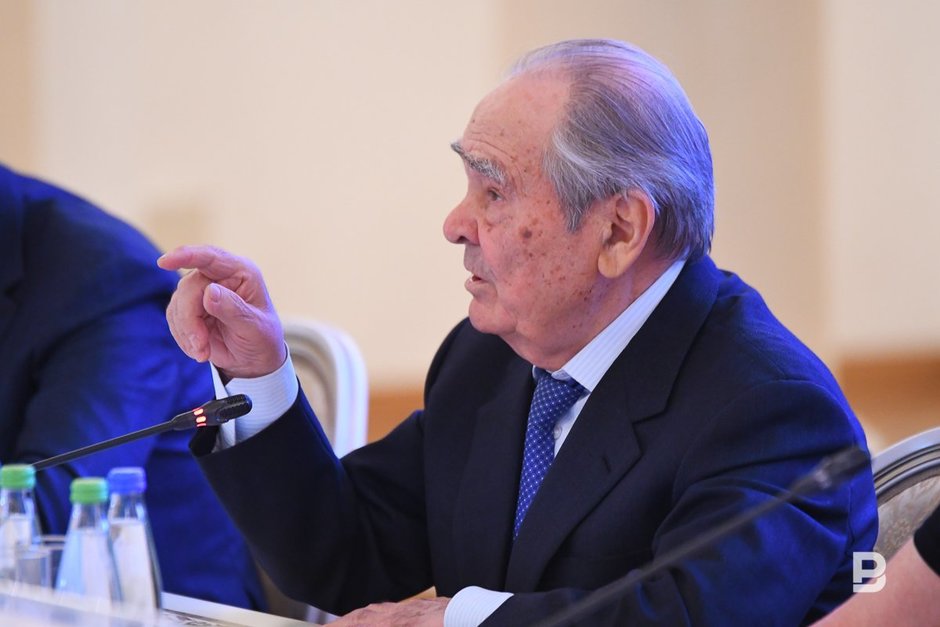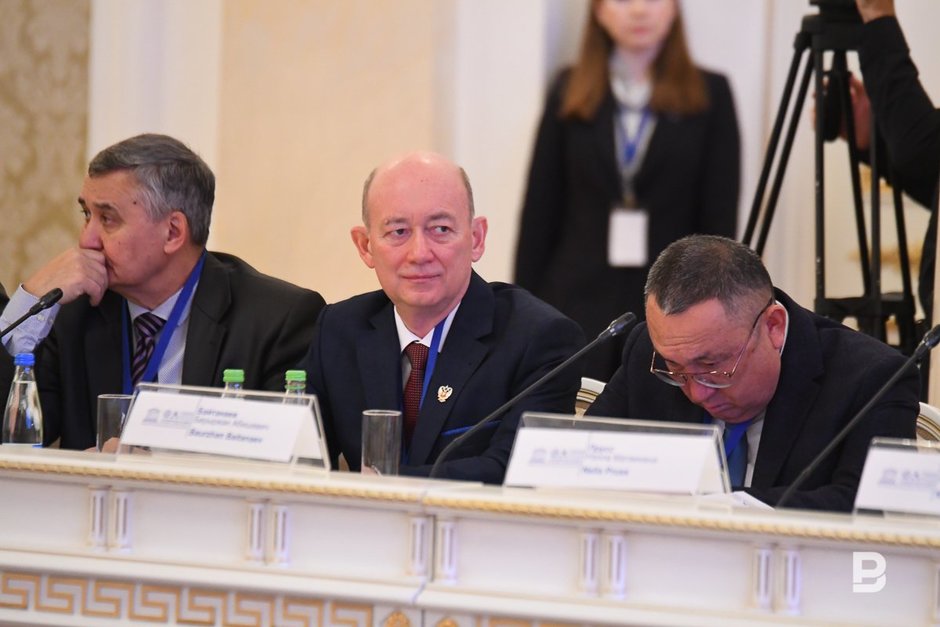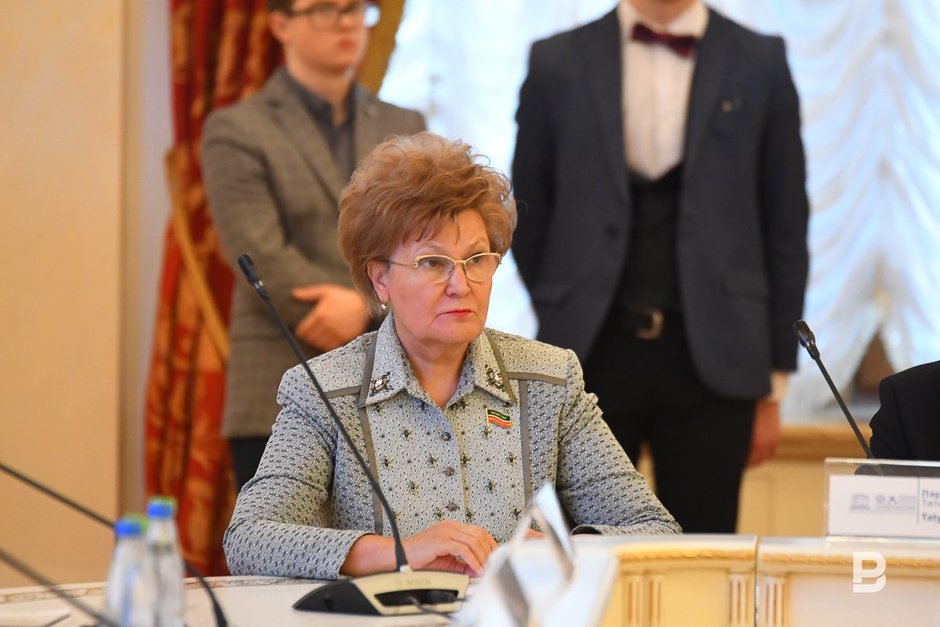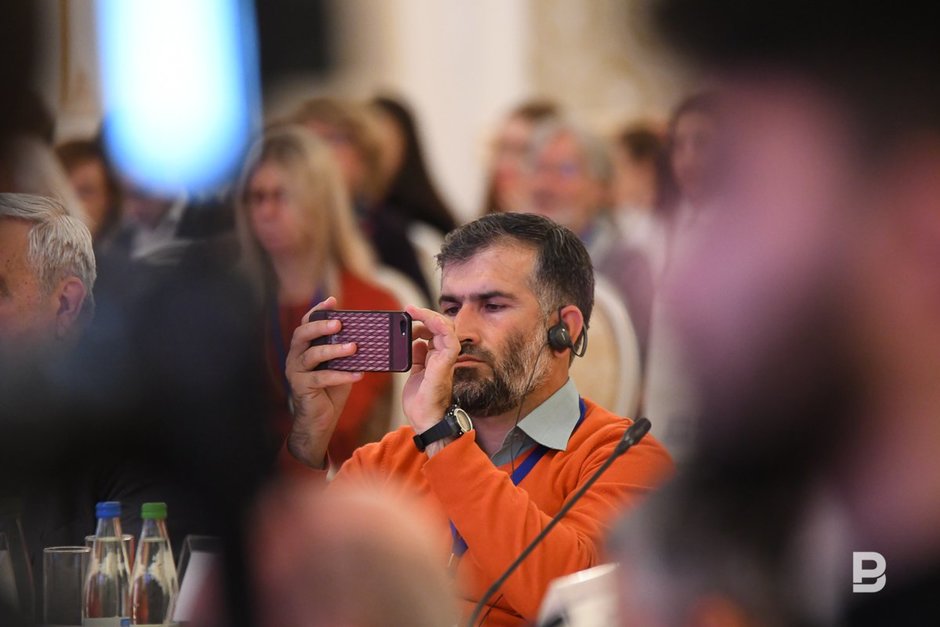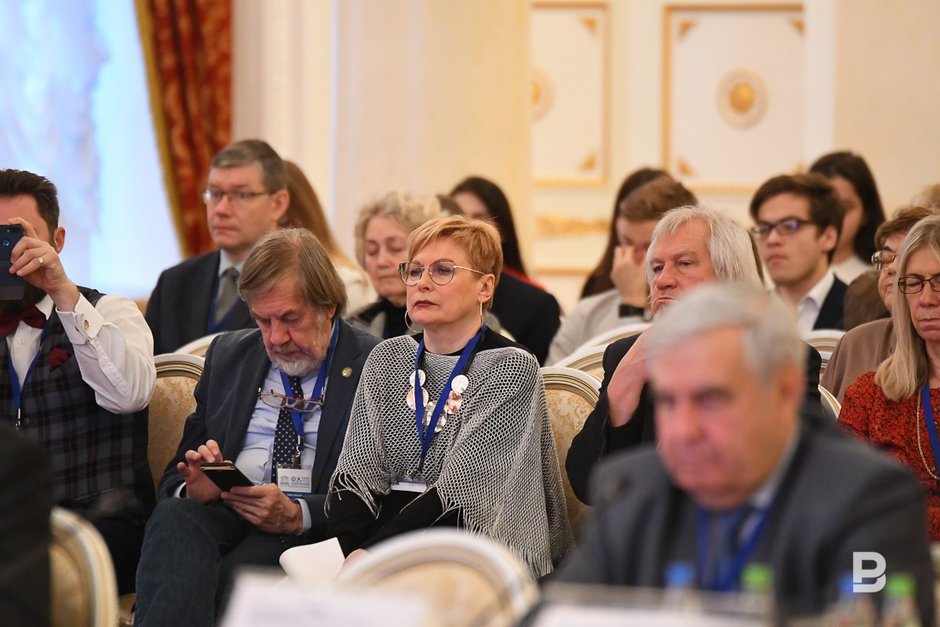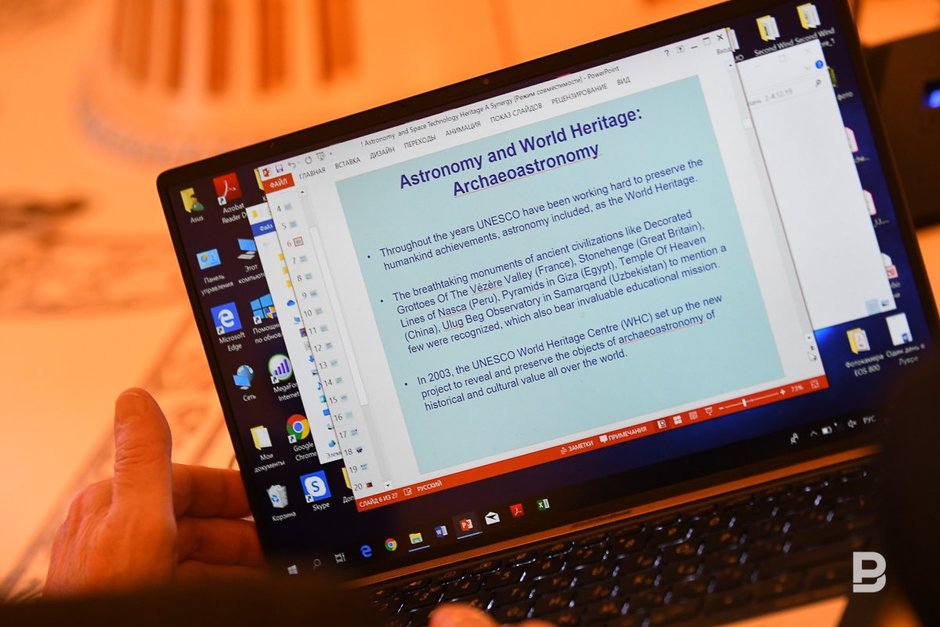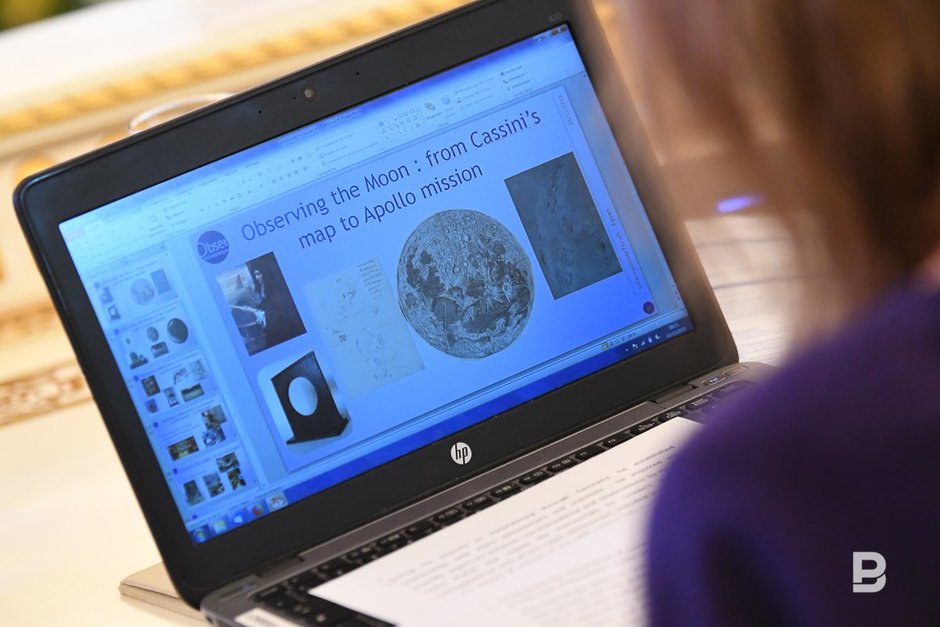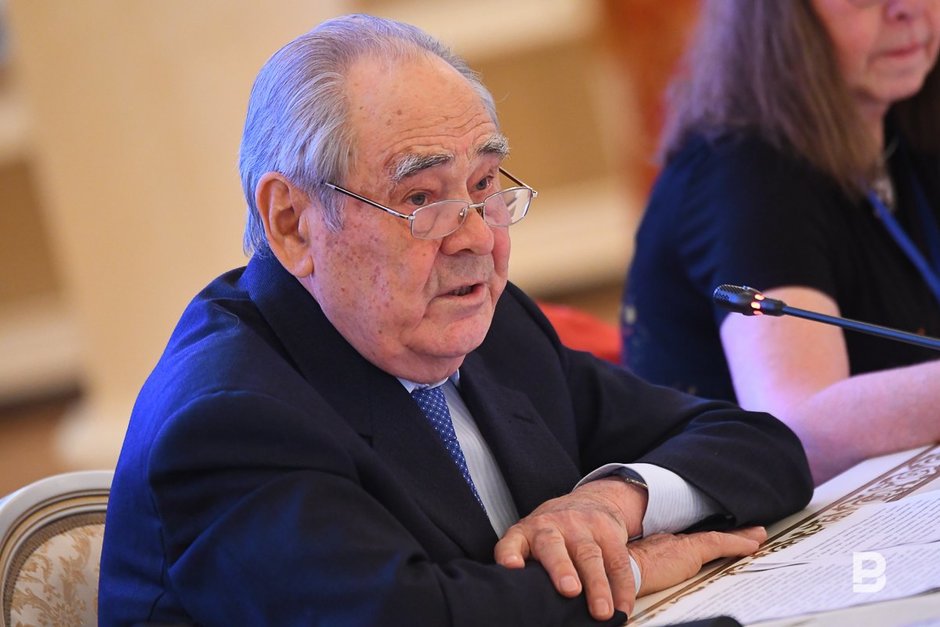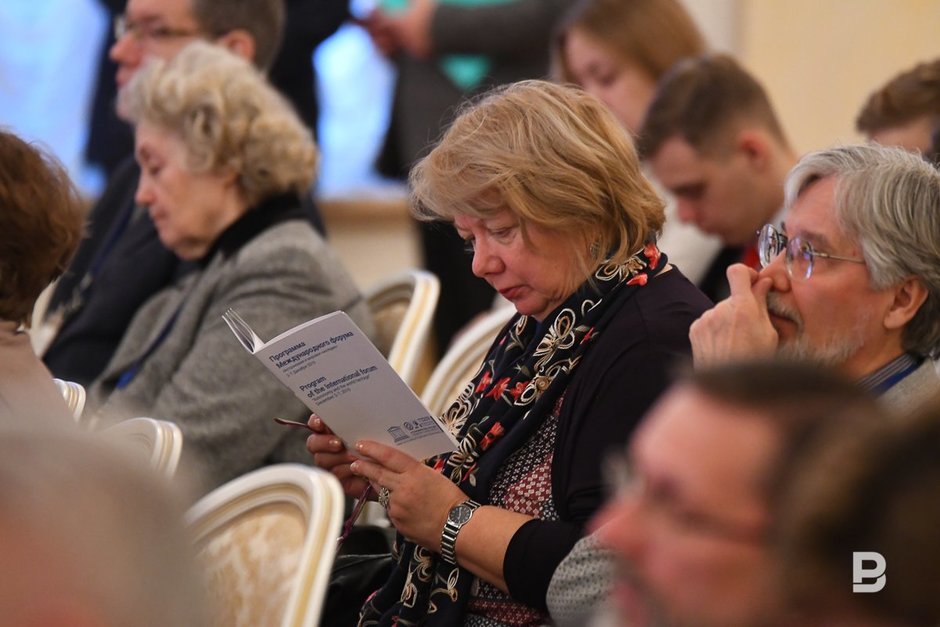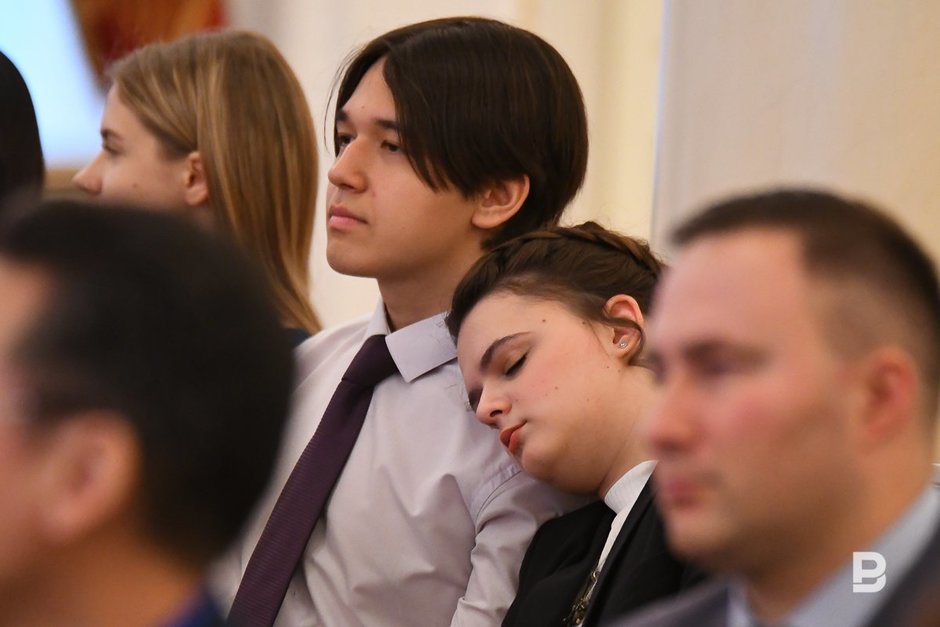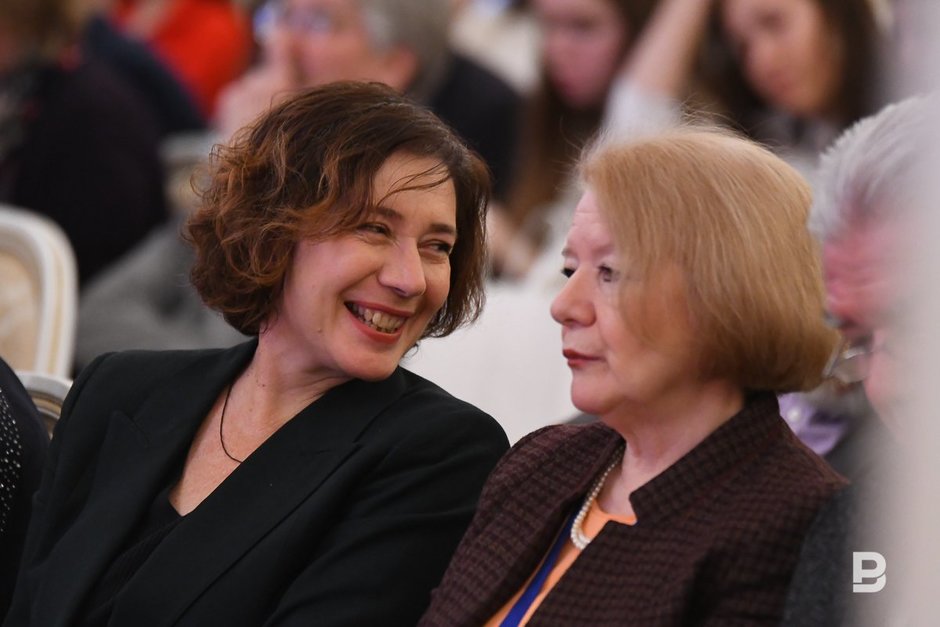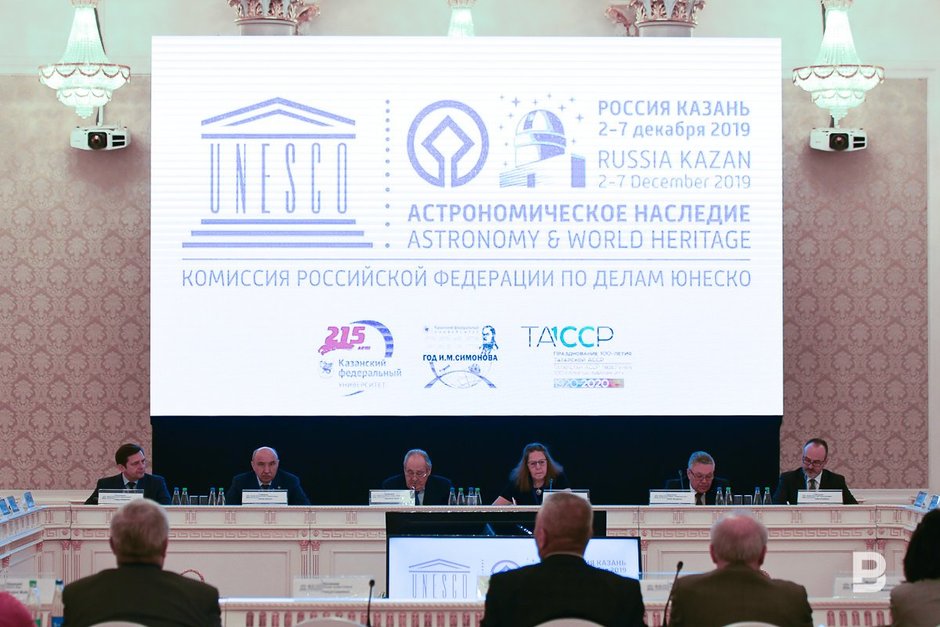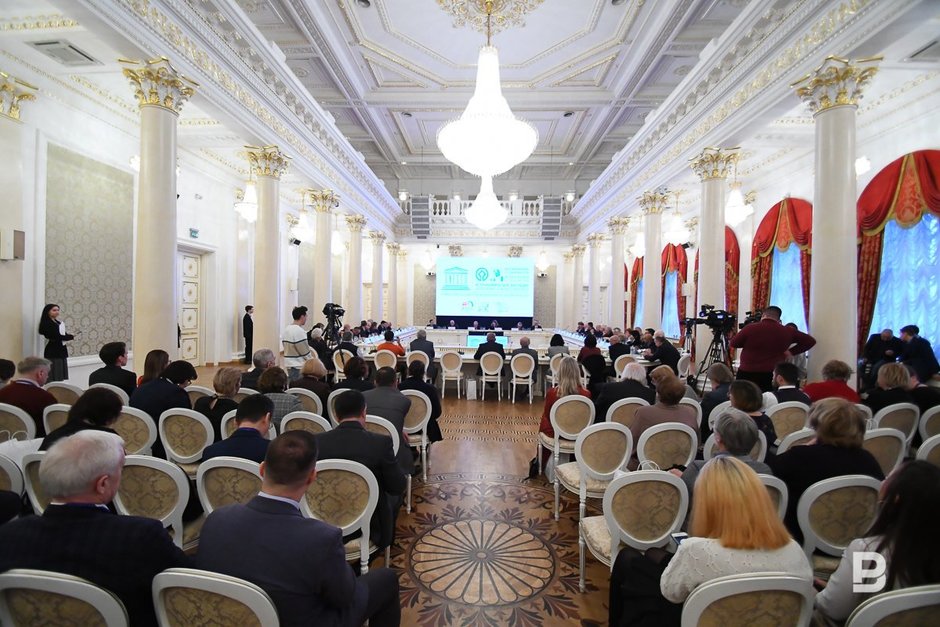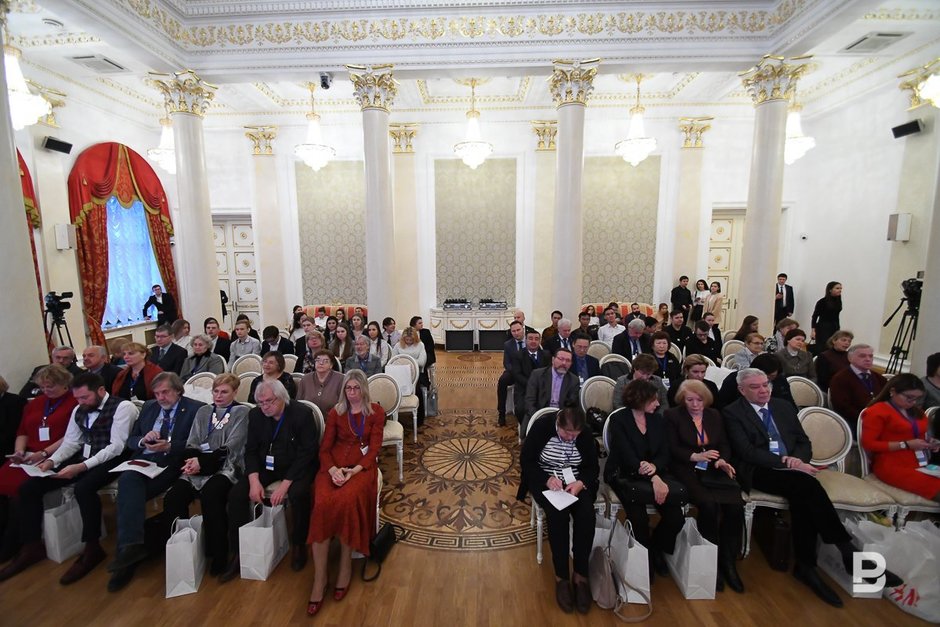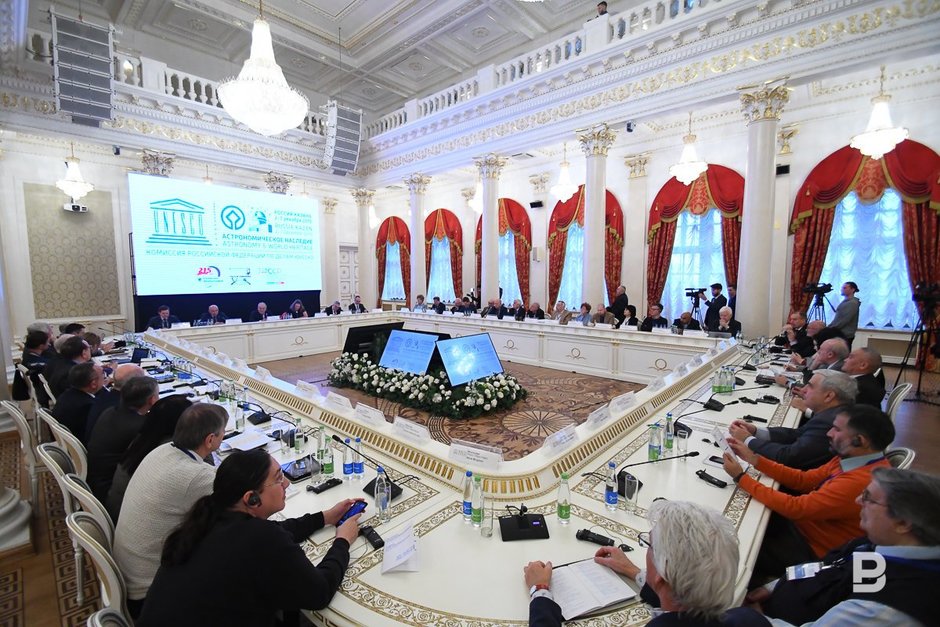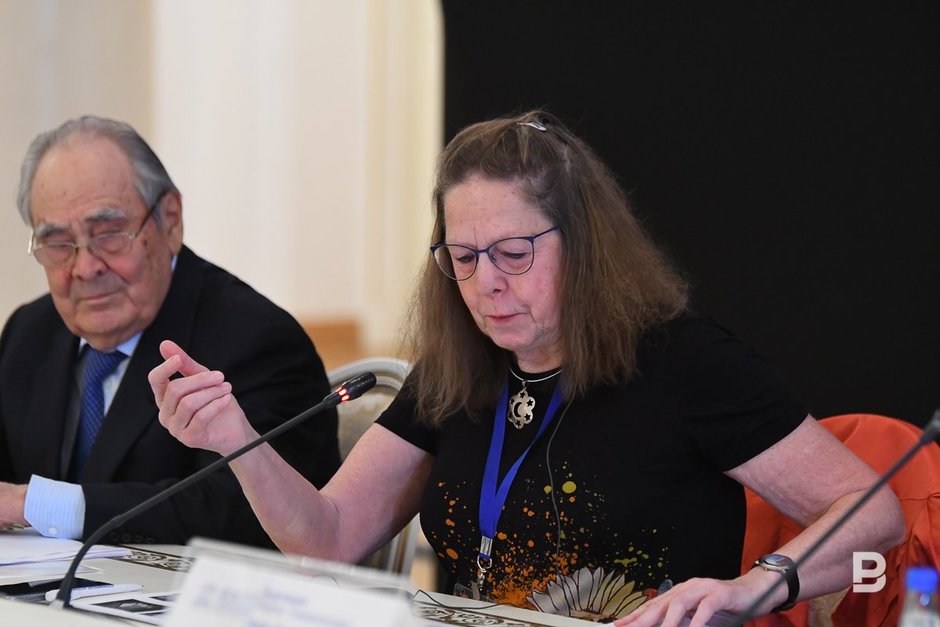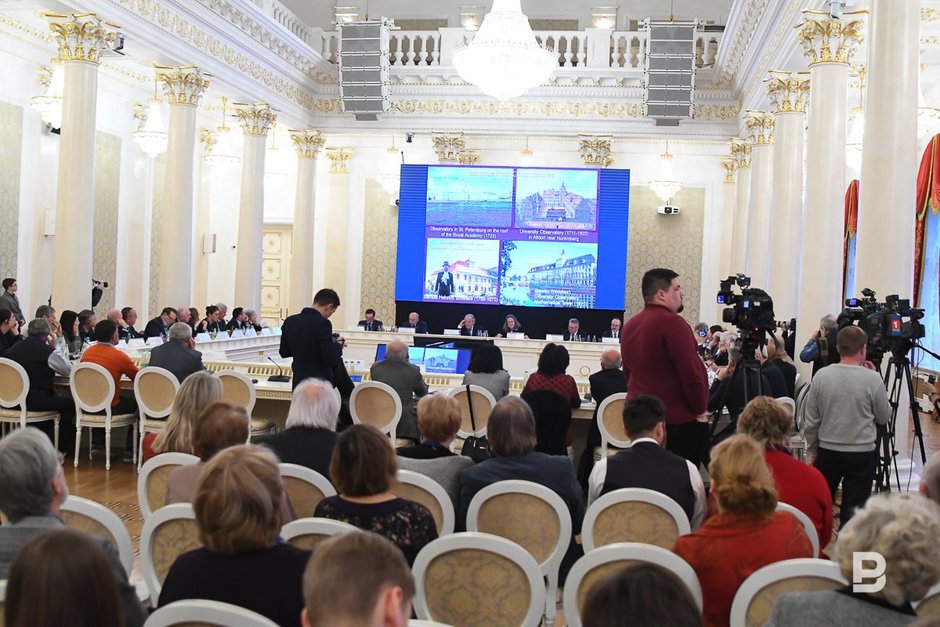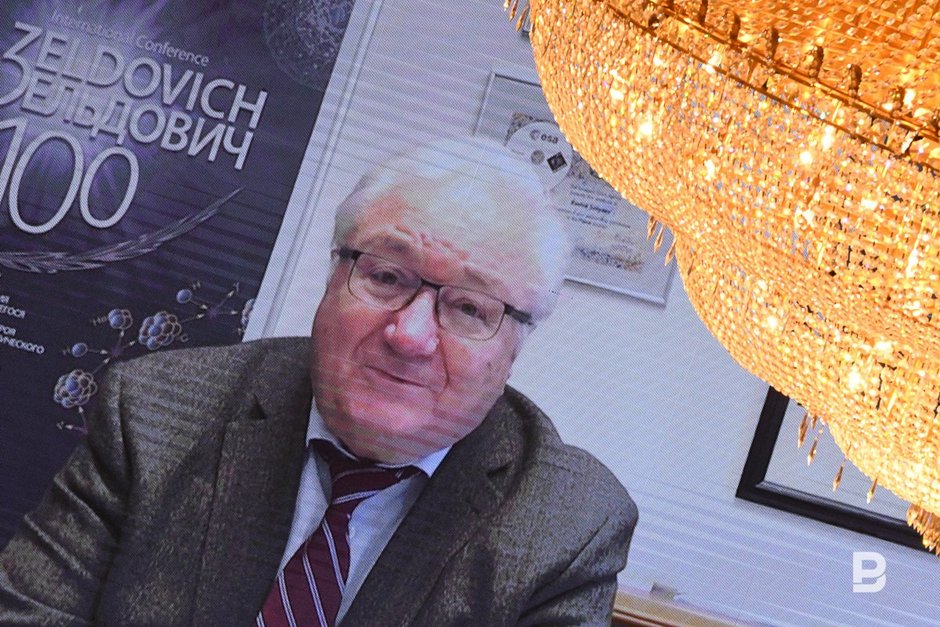Mintimer Shaimiev: “Astronomy is not sufficiently represented in the UNESCO World Heritage List”
Astronomy and World Heritage international forum took place in Kazan
The UNESCO World Heritage List in the foreseeable future may be added with new objects located in Tatarstan. We are talking about the Engelhard Astronomical Observatory and, perhaps, the observatory of 1837 located on the territory of the Kazan Federal University. This question became the key one at the Astronomy and World Heritage international forum opened on 3 December in the Kazan city hall. The correspondent of Realnoe Vremya attended the event.
“Astronomy is not sufficiently represented in the World Heritage List”
Opening the forum, Tatarstan State Counsellor, UNESCO Special Envoy for Intercultural Dialogue Mintimer Shaimiev reminded that three sites located in the republic have already been included in the UNESCO World Heritage List. These are the Kazan Kremlin, the Bolgar Historical and Archaeological Complex, as well as the Assumption Cathedral and the Monastery in the island-town of Sviyazhsk.
At the same time, as Shaimiev noted, astronomy is not sufficiently represented in the UNESCO World Heritage List, although it is one of the oldest and most important sciences for the formation of humankind.
“Our forum is connected with the UNESCO initiative on the study of the world historical and cultural monuments related to astronomy, possessing universal values and worthy of inclusion in the World Heritage List. This is important work, given that today astronomy is not sufficiently represented in the list, although it is important and ancient science,” said Shaimiev. “Astronomical heritage is the greatest achievement of human civilization and world culture, historically associated with the desire of the human to know the world, nature and the universe. Astronomical observations were an integral part of the formation of the first scientific knowledge of all civilizations of the East and West.”
The forum and scientific-practical conference dedicated to the world astronomical heritage, which started in Kazan, are held under the auspices of UNESCO. The event should become the beginning of long work to determine the list of objects related to astronomy and worthy of being included in the World Heritage List.
Kazan is the cradle of Russian astronomy
Tatarstan, which has made a significant contribution to the development of astronomy in Russia, takes an active part in this process. The fact that the forum dedicated to the world astronomical heritage is held in Kazan with the participation of the world's leading experts is connected with this.
One of them is President of the World Heritage and Astronomy Commission of the International Astronomical Union, Professor Babette Wolfschmidt of the University of Hamburg. During the forum, she presented a historical report on the observatories with signs of historical and cultural value. Among them, there is the Observatory of the Kazan Federal University, opened in 1837.
By the way, as Mintimer Shaimiev reminded, the Kazan University was the first university in Russia where the department of astronomy was opened in 1810. The first students to study the science of stars were great mathematician Nikolay Lobachevsky and astronomer Ivan Simonov.
The university acquired another (suburban) observatory in 1901. Since 1903, it bears the name of famous astronomer Vasily Engelhardt, who was a friend of the founder of the observatory Dmitry Dubyago. As Shaimiev reminded, Engelhardt handed over all his instruments to the observatory, bequeathed his capital and wanted to be buried on its territory. In 2014, the will was executed: the ashes of the scientist were transferred from Germany, where he was buried in 1915, to Kazan. There is also the grave of Dubyago.
“In the modern and contemporary history of Tatarstan, the space theme is also big. The founder of modern cosmonautics Sergey Korolev and his colleague Valentin Glushko particularly in Kazan, where they were during the war, began to work on the design of rocket planes. In 1975, the North Caucasus astronomical station of the Kazan University with a 40-centimetre telescope was established, and in 1998 the university got a 1,5-metre telescope, installed in Turkey,” Shaimiev reminded. “In 2013, the only Russian university planetarium named after cosmonaut Leonov was opened in the KFU on the territory of the Engelhardt Observatory.”
The Leonov Museum and the “lunar program”
The rich traditions of the astronomical school in Tatarstan are maintained to this day. Mikhail Marov, a member of the Russian Academy of Sciences, also spoke about this during the forum.
“I follow the work of the Kazan Observatory and highly estimate its contribution to astronomical research, the most significant of them is the contribution to the study of the Moon. We are on the verge of a new breakthrough in space exploration of the Earth's satellite. The Americans are going to begin manned flights to the Moon from 2024. In the Russian space strategy, this is one of the most important areas of work,” said Marov.
“The KFU is currently implementing plans to create a centre for space research and technology, as well as a scientific and educational centre, which we called the Astropark. It was named after cosmonaut Alexey Leonov during his lifetime, he came there. We plan to create his museum there,” added Rector of the KFU Ilshat Gafurov.
President of the Academy of Sciences of Tatarstan Myakzyum Salakhov noted that today the UNESCO World Heritage List includes a disproportionately little amount of the objects related to the development of astronomy relative to their importance for the development of world civilization.
“Suffice it to say that the main domestic observatory — Pulkovo Observatory — is included in the list only as part of the historical centre of St. Petersburg. Therefore, it is necessary to support the initiative of the leadership of Tatarstan and the scientific community related to the promotion of the Engelhardt Observatory to the list,” Salakhov believes.
The president of the academy also read a letter from Minister of Science and Higher Education of Russia Mikhail Kotyukov. The message said that “the importance of astronomy in the history of humankind is difficult to overestimate. Astronomical observations have become an essential component of the scientific worldview and culture, and the very existence of modern civilization is impossible to imagine without technologies closely related to astronomy.”
In his greeting, the minister emphasized the role of the Kazan University, which is the pioneer in the national university astronomy.
